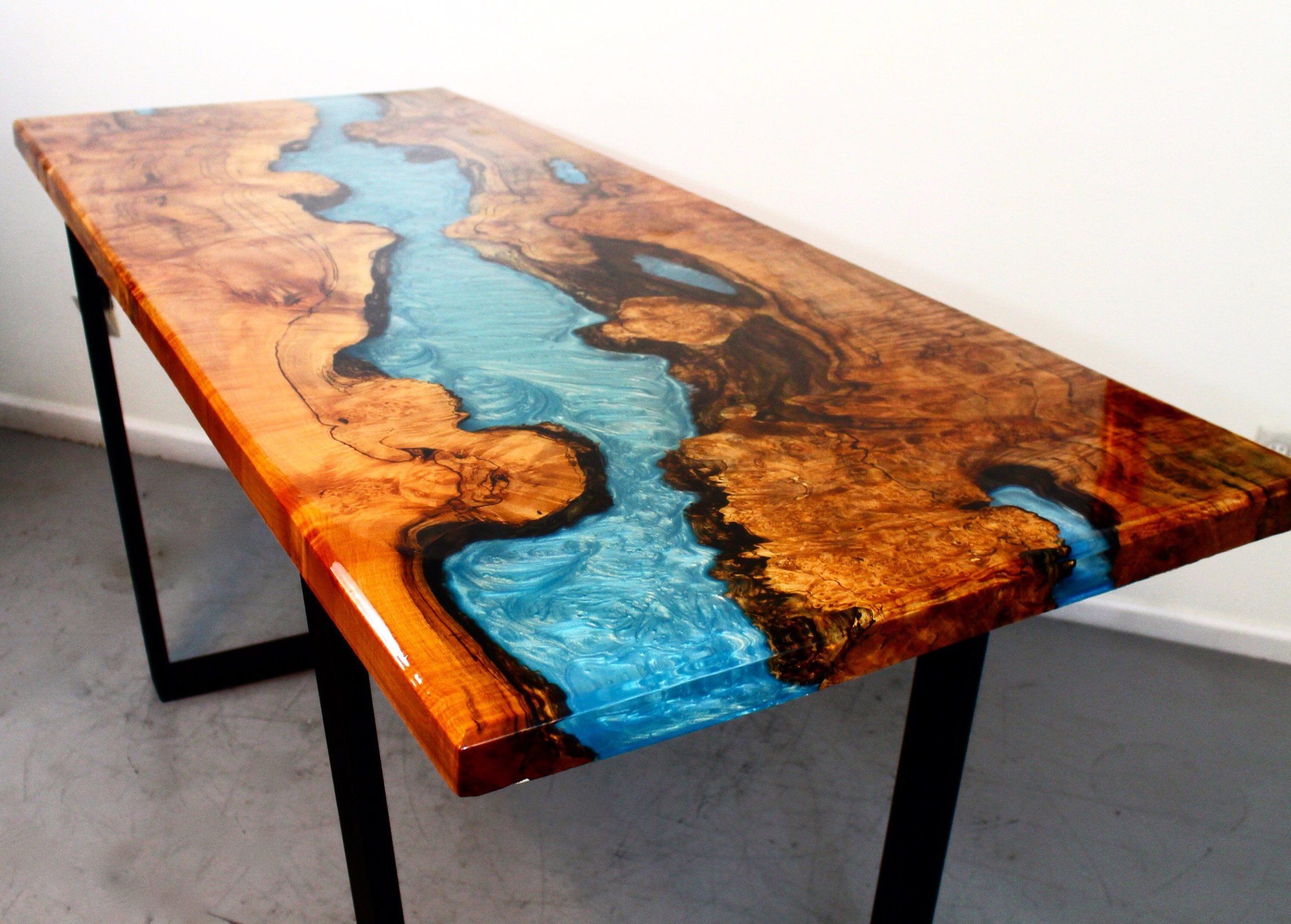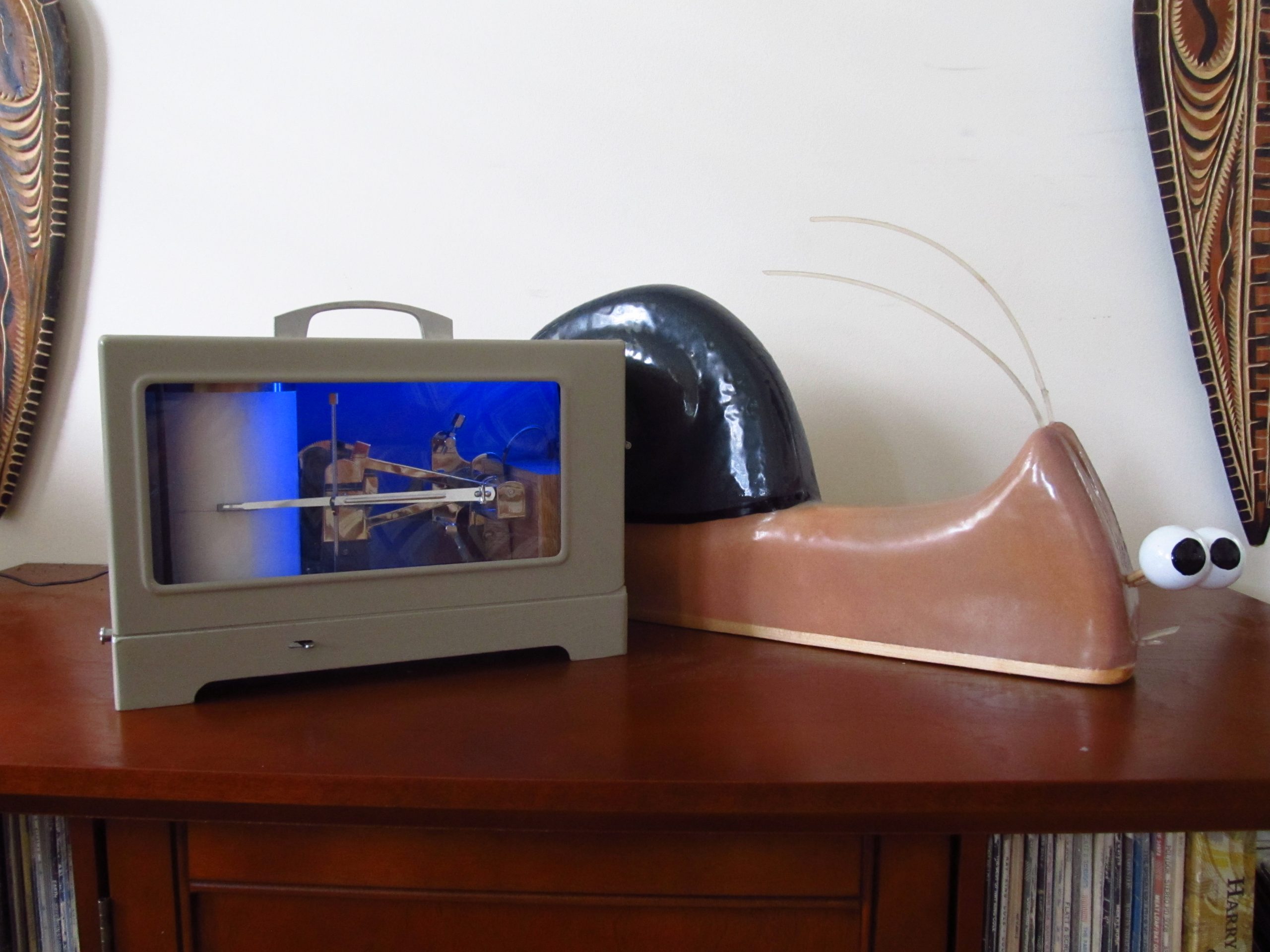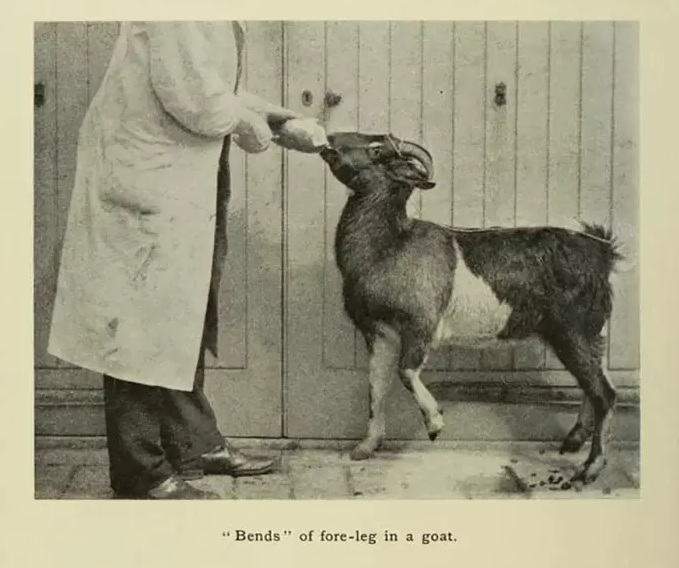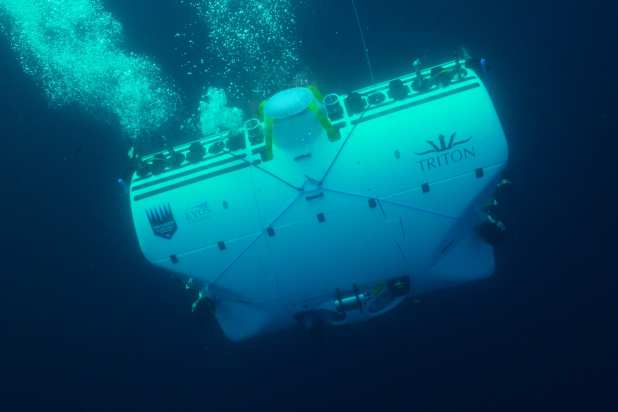I have had the pleasure of working communications roles in several industries over the years. During this time, I’ve seen the rise of a dubious campaign metric commonly referred to as “Stop the Scroll” (or “Swipe”). This metric has conscientious roots. Online communications strategists have less than a second to grab a potential donor, stakeholder, or client’s attention. Good strategists have read Craig McClain’s paper, as a great visual will make your thumb quiver before scrolling on to a video of dogs doing literally anything. In this light, stop the scroll seems like a pretty good metric for individual post efficacy. Time is the currency of experience, after all.
Can we count the seconds people spend learning untrue facts as progress towards our campaign? Or change the campaign goals to justify a resource-heavy shit post?







